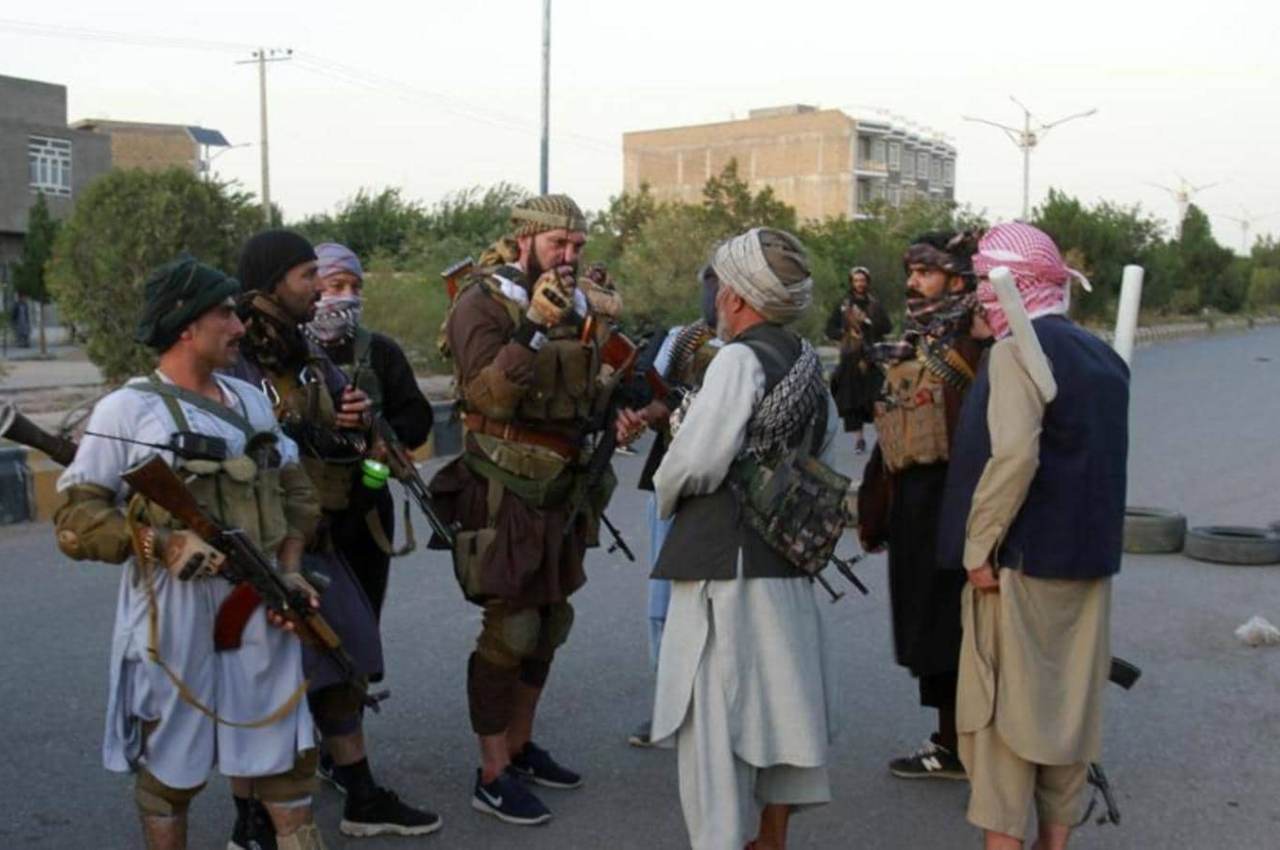Kabul: Despite calls from the Taliban for educated Afghans to help rebuild the country, the best-educated segment of the population, which fled en masse after the fall of Kabul, has no intention of returning to Afghanistan as long as the Islamist movement is in power.
After young girls were banned from going back to school in March 2022, the Internet has become the only way to hope to pursue higher education in Afghanistan. But between capricious connection and power cuts, online education is most often an obstacle course for young Afghan women in search of a better future.
During an interview with France 24 in October 2021, Huma Usyan, a 16-year-old student, recounted her difficulties in continuing to learn in a country once again under the yoke of the obscurantism of the Taliban.
Supported by volunteers including an English teacher, the teenager had managed to get an admission interview at an American university after having followed online courses for several months.
But on D-Day, the Internet is down. Far from being discouraged, Huma Usyan runs to his aunt’s in Kabul where the connection works and passes the interview with flying colors. A few weeks later, she will receive an admission letter and a scholarship for the university of her choice: the United World College in New Mexico.
But since nothing is simple in Afghanistan, the teenager was forced to spend three weeks in Pakistan to obtain an American student visa. With the closure of Western embassies in Kabul, Afghans who want to flee the country have no choice but to go to Islamabad, generating a lucrative business for touts, travel agents and other intermediaries. In recent weeks, the price of a Pakistani visa can reach 1,000 dollars for an Afghan citizen.
The massive exodus of the Afghan population is far from new. After four decades of conflict, Afghanistan is one of the countries with the most refugees in the world. According to the UN, they would be 2.6 million, but this figure would be underestimated, according to several experts.
The panic caused by the flash offensive of the Taliban on Kabul amplified the phenomenon, accelerating in fact the departure for foreign countries of the best trained Afghans. A brain drain that quickly worried the Taliban, many of whom come from rural areas and have no qualifications to govern.
One of the spokespersons for the Zabihullah Mujahid movement had notably called on Westerners to evacuate only foreigners and not “Afghan experts”. To convince the population to stay, the Taliban had promised a general amnesty ensuring that “no one would be threatened in Afghanistan”.
But a year later, the trust is broken. The Taliban have not honored any of their promises. The latter had notably sworn to the international community to guarantee the education of young girls, but the Islamist movement reversed its decision on the day of the reopening of the establishments in March 2022, causing scenes of distress among young Afghan women.
Girls in Afghanistan crying after they were promised their schools would reopen only for the Taliban to lock them out again at the last minute.
“Girls’ education is a very important factor in explaining the departure of many Afghans who can no longer send their children to school. While some chose to stay because they felt the country needed them, they now want to leave, desperately, because their sisters or their daughters live as if they were in prison,” said Tamim Asey, the former deputy defense minister.
Hit by an unprecedented humanitarian crisis, worried about their safety, the educated population of Afghanistan has seen the prospects for a better future dwindle since the Taliban took power. Under Western sanctions, the banking sector collapsed and foreign aid – representing 45% of the country’s GDP – suddenly stopped.
In this context of acute crisis, engineers, lawyers, technicians, doctors or brilliant students like Huma Usyan, who are essential to the development and stability of the country, have no intention of returning to Afghanistan as long as the Taliban are in power. .













